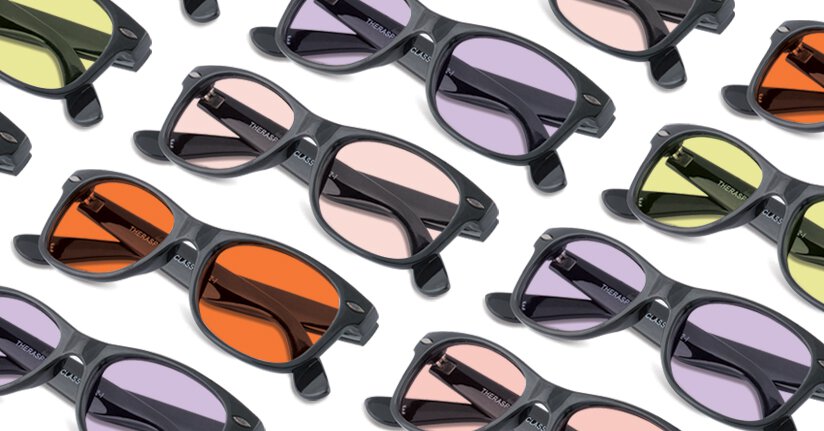Protective Coating of Nerves Damaged by Multiple Sclerosis Could Be Repaired by Over-the-Counter Drug
An over-the-counter antihistamine partially reversed vision damage caused by multiple sclerosis in a study presented at the American Academy of Neurology’s 68th Annual Meeting this week. Study participants who were given clemastine fumarate (Tavist) at doses just a bit higher than the approved allergy dose had a reduction in the time it took for their brains to register that their eyes had seen an image. Although the research focuses on vision, researchers believe it could reflect improvement throughout the central nervous system, not just the optic nerve.
Study participants had MS and damage to the optic nerve, which sends information from the eye to the brain. This nerve damage, called optic neuropathy, is a common result of the disease. When a person has MS, their immune system destroys the protective coating around nerves called the myelin sheath. When the myelin sheath is destroyed, it leads to nerve damage that interferes with signals sent to and from the brain. This is the first study to show that the protective coating can be repaired.
Fifty people with MS participated in the five-month-long study. Participants had an average age of 40, had MS for an average of five years, and had mild disability. They all had chronic optic neuropathy, but none had recently had optic neuritis. Participants underwent a series of vision tests at the beginning and end of the study. One test looked at the time it took between the retina receiving a visual signal and the visual cortex recording that signal—this is called transmission time. Patients included in the study had a delay in transmission time longer than 118 milliseconds in at least one eye. Improved transmission time after taking the drug was considered evidence of myelin repair.
Participants who were given clemastine instead of placebo had transmission delays reduced by an average of almost two milliseconds in each eye. Although the vision improvements are modest, this is the first study to show that a drug could reverse the damage that MS causes. Furthermore, researchers see it as an indication that the drug could repair myelin sheath damage of other nerves as well.
More research is required before doctors can recommend clemastine as an MS treatment. This is just one preliminary study. "I do not want to make false promises, and I am not advocating that MS patients take clemastine on the basis of this one study. But if they chose to do so, they should have the supervision of a physician and preferably enroll in a clinical study," said the lead researcher Ari Green, MD, medical director at the University of California San Francisco (UCSF) MS Center.
Use of clemastine does carry possible risks. Clemastine is an anticholinergic drug, a type of drug that has been linked to an increase in dementia risk. "As clemastine is an anticholinergic, it will be interesting to see if it causes any worsening of some MS symptoms, such as cognitive difficulties, urinary hesitancy, or constipation," cautioned Lily Jung Henson, MD, chief of neurology at Piedmont Healthcare in Atlanta, Georgia.
Despite these potential drawbacks, researchers and doctors are excited that a drug could possibly repair myelin sheath damage caused by MS. It raises hopes for the other medications currently in development to treat the disease.
REFERENCES
American Academy of Neurology. (2106, Apr 12). Over-the-Counter Drug May Reverse Chronic Vision Damage Caused by Multiple Sclerosis [Press release]. Retrieved 4/14/16 from https://www.aan.com/PressRoom/Home/PressRelease/1...
Gray, S. L., Anderson, M. L., Dublin, S., Hanlon, J. T., Hubbard, R., Walker, R., ... & Larson, E. B. (2015). Cumulative Use of Strong Anticholinergics and Incident Dementia: A Prospective Cohort Study. JAMA Internal Medicine,175(3), 401-407.
Hughes, S. (2016, Apr 14). OTC Antihistamine Promotes Remyelination in MS. Medscape. Retrieved 4/18/16 from http://www.medscape.com/viewarticle/861963.
TheraSpecs Glasses for Light Management
Try our light-filtering glasses and stay protected against harsh light from screens, fluorescents, LEDs, unwanted blue light, bright sunlight, flashing lights, and more.





